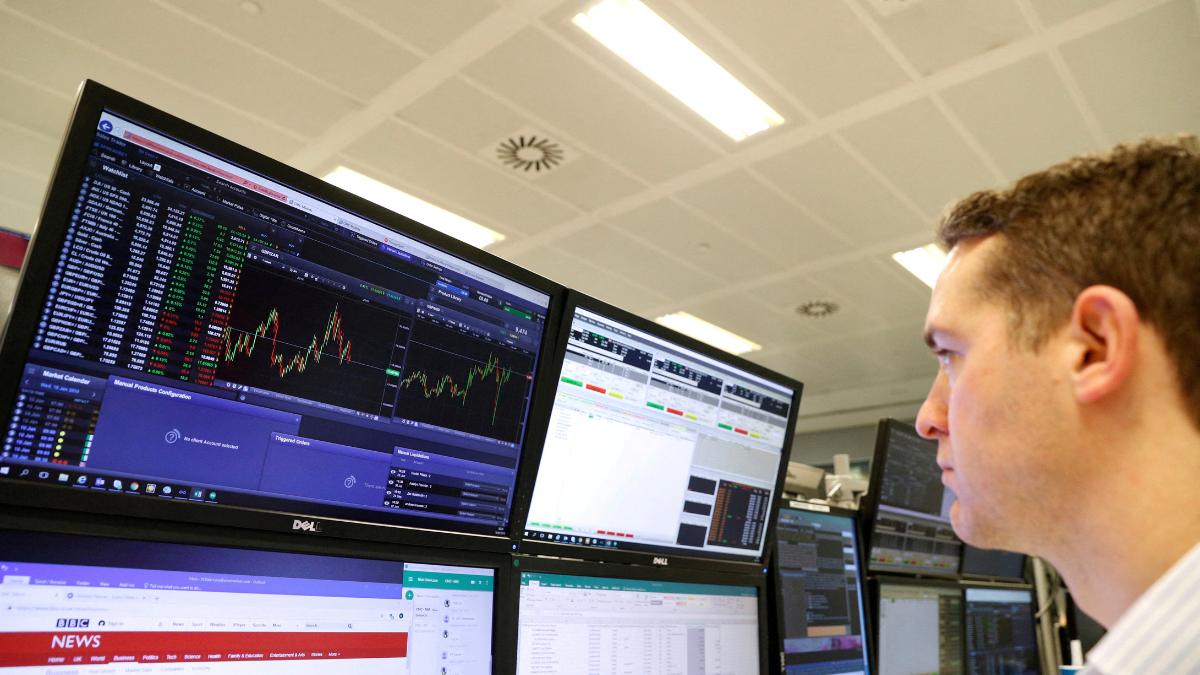Foreign institutional investors (FII) offloaded shares worth net Rs 224.22 crore, while domestic institutional investors (DII) purchased shares worth net Rs 1,150.15 crore on September 8, 2023, according to the provisional data available on the NSE.
“Even as domestic equity markets defied weak global cues to post solid gains last week, foreign institutional investors shunned local shares worth Rs 8,609 crore due to fresh resurgence in the US Dollar Index against other global currencies and subsequent spike in US treasury yields. Sharp currency weakness in China and Japan against the dollar also weighed heavily on the local currency leading to foreign fund outflows. If the US treasury yields continue to rise and other currencies falter against the US Dollar further, foreign fund inflows may remain choppy and overseas investors could exit emerging markets, including India,” said Shrikant Chouhan, Head of Research (Retail), Kotak Securities.
Commenting on the ongoing trend in the FII investment, V K Vijayakumar, Chief Investment Strategist at Geojit Financial Services said that, “FPIs can be expected to turn buyers when the dollar index and US bond yields decline, which, in turn, will depend on the incoming US inflation and growth data. A significant trend in FPI investment is their consistent buying in capital goods and power.“
“This explains the smart uptrend in power stocks and capital goods stocks like L&T. FPI selling in financials is keeping the prices of the banking bluechips low. This is an opportunity for retail investors since this segment is doing well and the stocks are fairly valued,” Vijayakumar added.
Foreign institutional investors (FII) or Foreign portfolio investors (FPI) are those who invest in the financial assets of a country while not being part of it. On the other hand, domestic institutional investors (DII), as the name suggests, invest in the country they’re living in. Political and economic trends impact the investment decisions of both FIIs and DIIs. Additionally, both types of investors – foreign institutional investors (FIIs) and domestic institutional investors (DIIs) – can impact the economy’s net investment flows.

